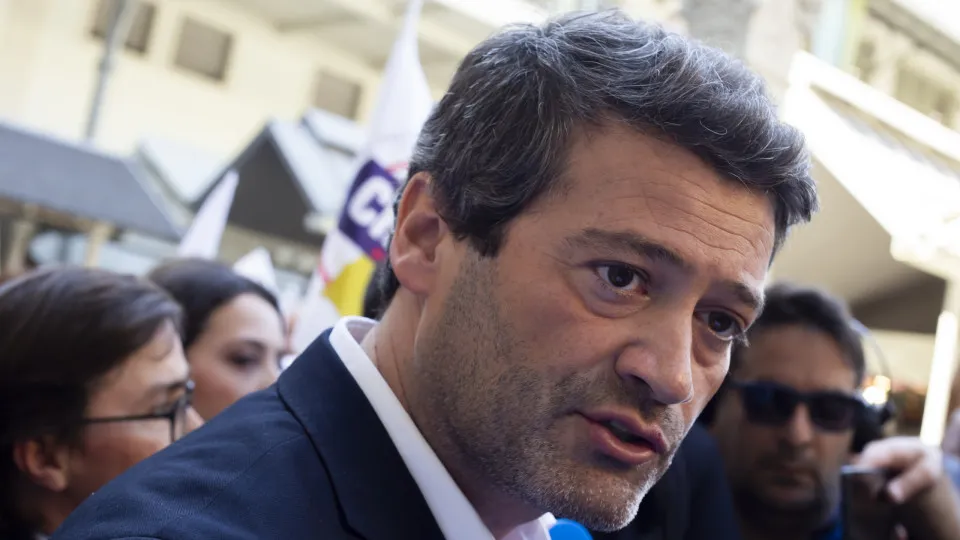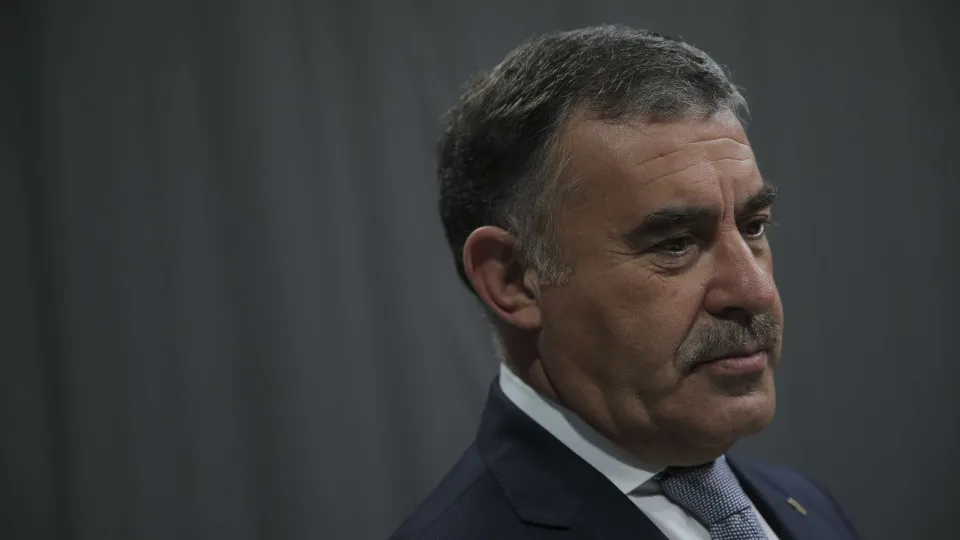
The aim, outlined by the Communications Regulatory Authority (ERC), is to “identify disinformation content published on social media in the context of the 2026 presidential elections.”
This monitoring work, developed by the LabCom-UBI team, commenced on November 17 and will continue until the election day, January 18, 2026.
“The analysis focuses on content associated with the candidates, published on platforms such as Facebook, X, Instagram, TikTok, and YouTube,” the ERC further stated.
Among the disinformative content subject to analysis are false polls or those developed by companies not registered with the ERC; altered news to promote a misleading perception of reality; and publications mimicking the graphics/format of media outlets for disinformative purposes, according to the regulator.
The analysis will also cover content published in media not registered with the ERC; informational videos manipulated in terms of sound, image, text, or other formats; and content that discredits the media and journalistic work, they added.
“The ERC is firmly committed to combating disinformation, a challenge of particular relevance during election periods,” stated ERC President Helena Sousa in the announcement.
The “scientific collaboration established with LabCom-UBI has enabled a synergy between academic research and regulatory intervention, offering a comprehensive view of the circulation of false content on social networks. This joint work represents a decisive contribution to reducing the impact of false narratives on citizens’ choices and reinforcing the defense of the democratic quality of our public space,” concluded the president.
João Canavilhas, a researcher at LabCom-UBI, also quoted in the statement, highlighted that “it is another collaboration that strengthens the ties between the ERC and LabCom-UBI and shows how it is possible to put Communication Sciences research at the service of the community.”
“The success of the collaboration has even led to the launch of a structure within LabCom dedicated exclusively to studying political disinformation – the ODEPOL – Observatory of Political Disinformation – with a particular focus on social networks,” emphasized the official.




